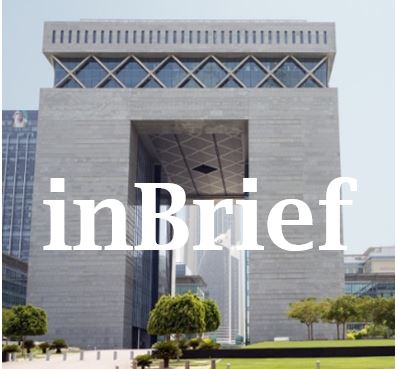The term “dawn raid” refers to an unanticipated visit to commercial premises by a regulatory authority. Examples of this could include a squad of policemen entering a warehouse, a team from a financial-services regulator checking trading records at a bank, or an official from the UAE Ministry of Human Resources and Emiratisation entering your office to check the work permits of all employees present there (an increasingly common practice).
If your business is subject to a dawn raid, it generally means something has already gone wrong. Regulators only have limited resources, and they typically don’t engage in random inspections. If they are visiting you there is almost certainly a good reason for it. How you handle the raid itself will have a significant impact on the discussions and negotiations that are sure to follow.
A calm, professional and pragmatic interaction with the regulators will serve your organisation much better than a disorganised and panicked response. Having a written policy in place provides your team with a script to follow, and prevents inappropriate behaviour by untrained staff. Unfortunately, dawn-raid policies used in other parts of the world are often fatally flawed when reviewed in the context of the UAE.
All dawn-raid policies should include training of your receptionists, with specific directions for the contact people who must be immediately informed of the raid. These might include the manager of the office, the compliance officer (if any) and the organisation’s lawyers (internal and/or external). The receptionists will almost certainly be the first people that the regulators come into contact with.
The organisation’s lead representative should then attempt to agree an approach with the raiding authority. The aim is to allow the search to take place in a manner which minimises the inevitable disruption to normal business activity. If possible, you will also want to agree the extent of the search and to place limits on the types of materials that the raiding authority can inspect. Much will rely upon the charm and negotiating ability of your lead representative at this stage. Many regulators will resist efforts to curtail the scope of the inspection.
The policy should document the fact that, in the event of a raid, documents must not be destroyed or amended. Normal document-destruction procedures should be suspended. An ill-guided attempt to hide evidence from inspectors will make a bad situation much worse. The policy should also specify that all employees receive regular training on this point. In the event that someone does destroy a document, it may help the organisation if you can point to the policy and the training and thereby state that you had told employees not to do this.
The policy should also include a communications plan. This would deal with both internal communication to employees, plus external communication to the general media, other industry regulators, and competitors. Employees will need to be reminded that they should keep details of the investigation confidential. The amount of detail disclosed externally needs to be carefully considered. Too little information suggests that the company is trying to hide a problem. Too much (or too early) will prejudice your ability to reach a negotiated settlement with the regulator.
The reason that dawn-raid policies from other parts of the world are fatally flawed when used in a UAE context is due to the concept of legal privilege. The concept of legal privilege is engrained in many legal systems, and is often seen as a fundamental principle of justice. It grants a protection from disclosing evidence. A key issue in dawn raids in other parts of the world is therefore identifying which documents are protected by legal privilege, and therefore need not be disclosed to regulators. A client must be confident that his discussions with his lawyer are confidential. This means that all correspondence between a client and his lawyer (in many parts of the world) is protected by legal privilege.
The situation is somewhat different in the UAE. Lawyers owe a duty of confidentiality to their client, but this falls short of being legal privilege, which is a right enjoyed by the client. In the context of a UAE dawn raid, you risk antagonising a regulator (and increasing the disruption to the business) if you attempt to argue that certain documents need not be disclosed as they are protected by legal privilege. There is a danger of this happening if you adopt a dawn-raid policy developed overseas and do not amend it to accord with local conditions. Please contact us if you would like us to review your dawn-raid policies, or to assist you in developing a new policy. ■




